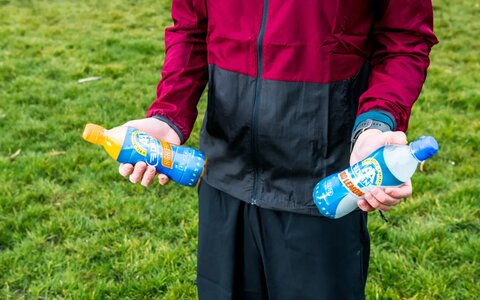The effects of caffeine on your body

Care for a cup of coffee? This is perhaps the most frequently asked question in the Netherlands. Dutch people are among the top five coffee drinkers in the world. The reason we drink so much coffee is not known, but it probably has to do with the easy availability of coffee in the Netherlands. And, of course, the delicious taste and the conviviality that goes along with it.

















